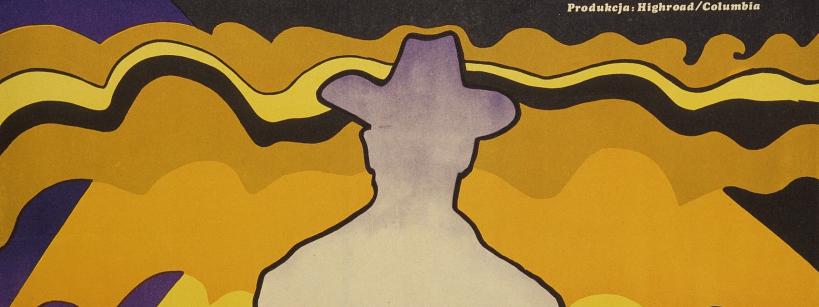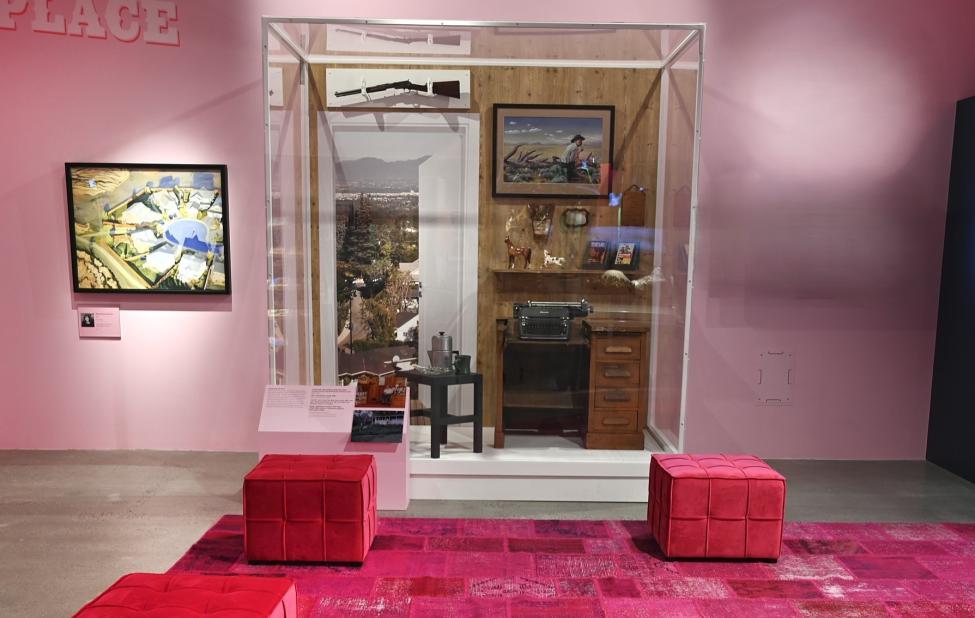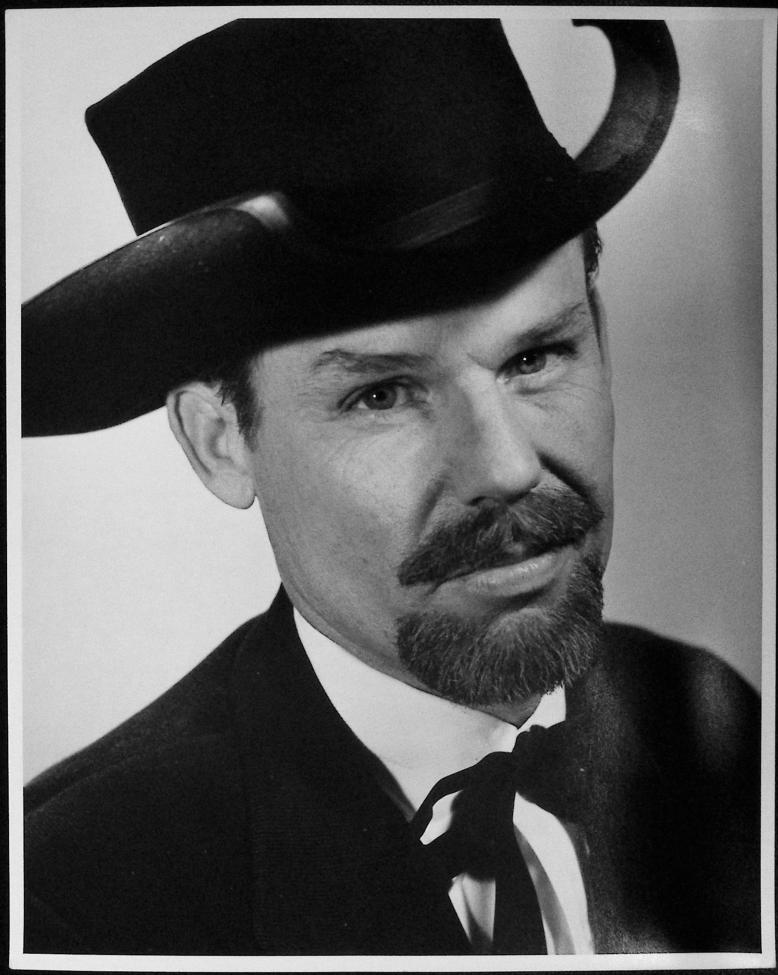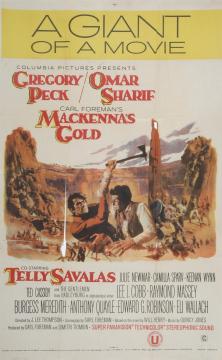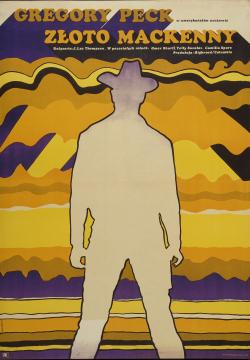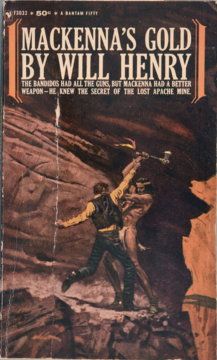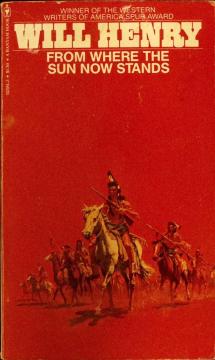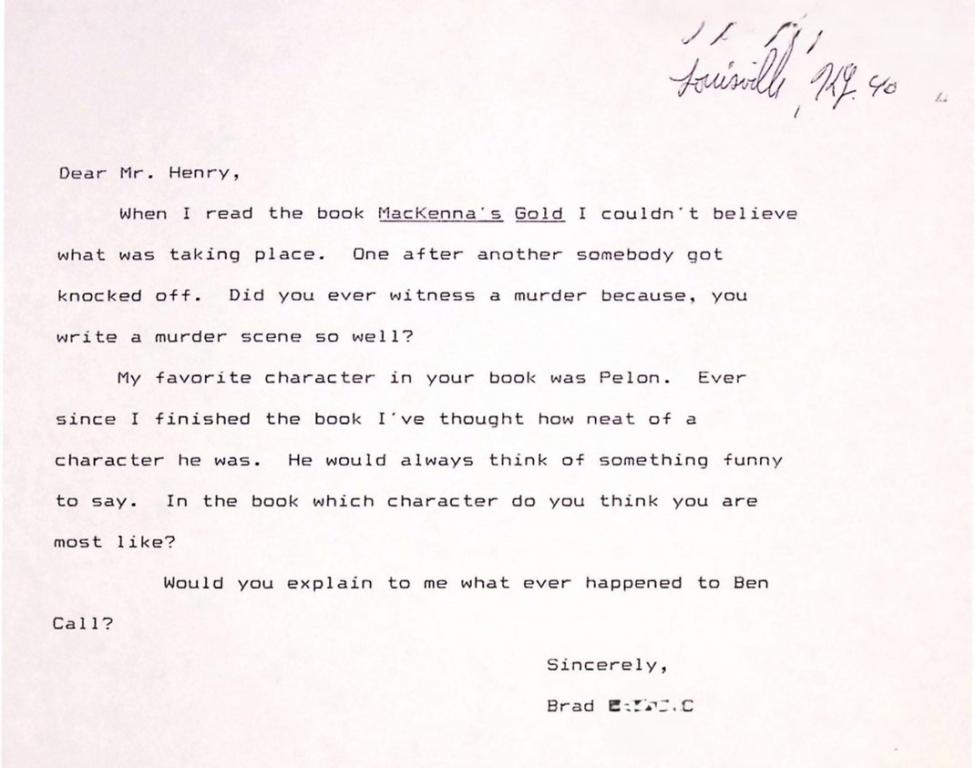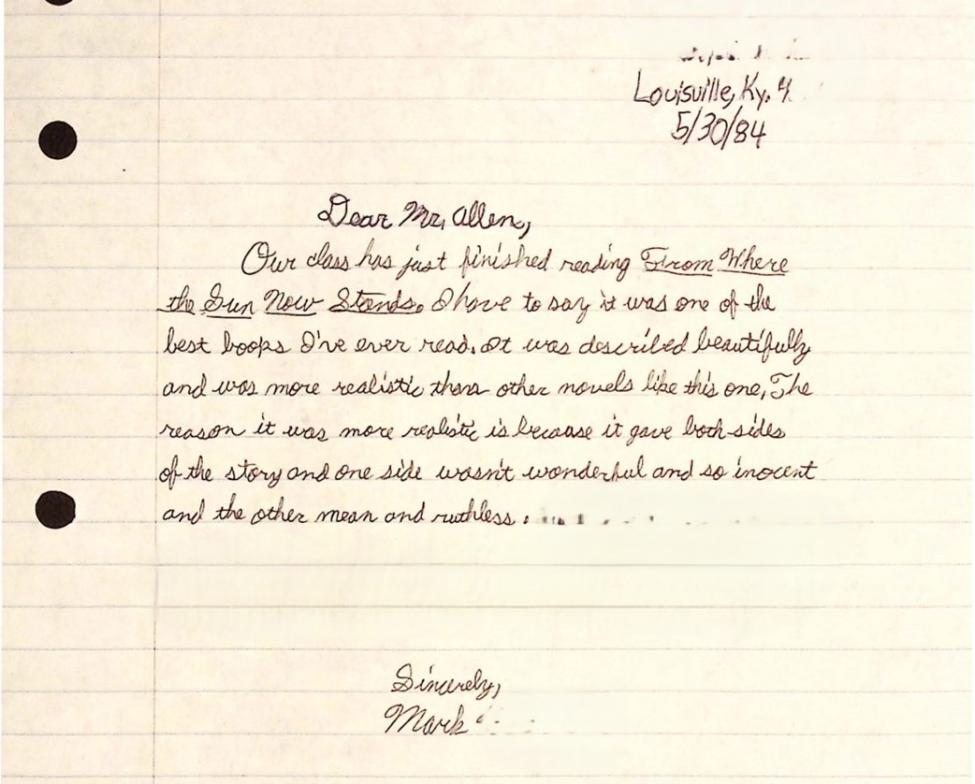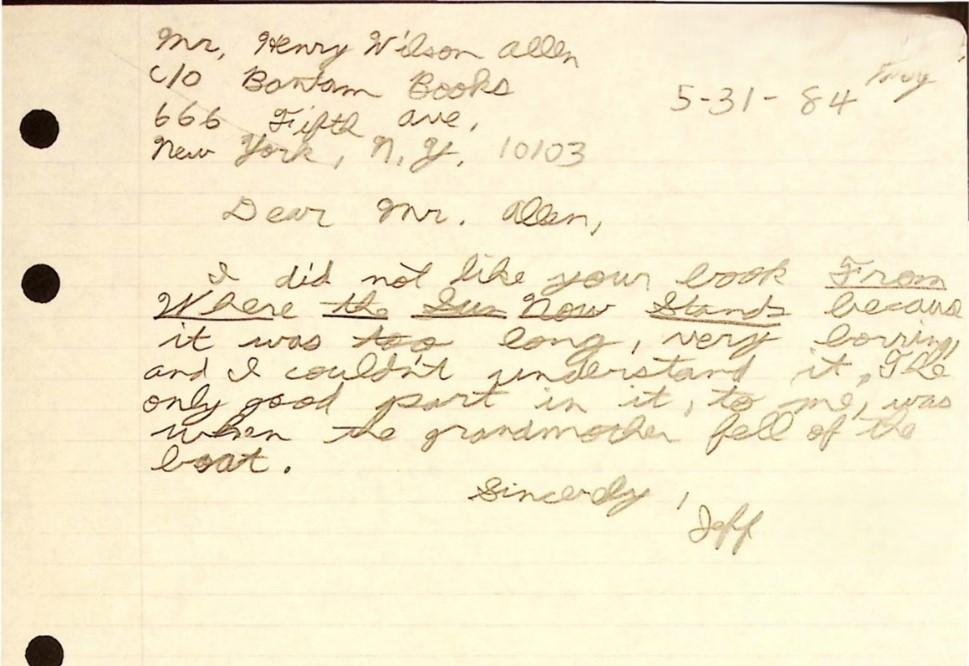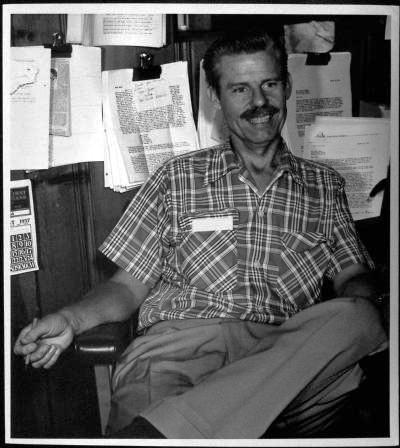Autry Museum of the American West
4700 Western Heritage Way
Los Angeles, CA 90027-1462
In Griffith Park across from the Los Angeles Zoo
Map and Directions
Free parking for Autry visitors
MUSEUM AND STORE HOURS
Tuesday–Friday 10:00 a.m.–4:00 p.m.
Saturday–Sunday 10:00 a.m.–5:00 p.m.
DINING
Food trucks are available on select days, contact us for details at 323.495.4252.
The cafe is closed temporarily until further notice.
